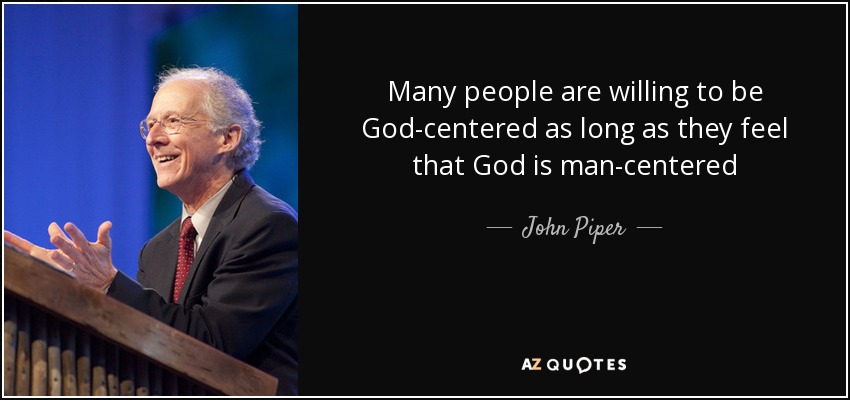"For You are not a God who delights in wickedness;
evil may not dwell with You.
The boastful shall not stand before Your eyes;
You hate all evildoers.
You destroy those who speak lies;
the Lord abhors the bloodthirsty and deceitful man."
- Psalm 5:4-6
Liberal ministers and the average nominal American Christian both love to talk about a loving God. "I believe in a loving God who accepts me as I am," they say. And it is true that love is a core attribute of God. See, for example, John 3:16 and I John 4:16. However, they wax eloquent over the love of God, not because they enjoy praising Him, but rather because it enables them to block from their consciences the other attributes of God, especially His holiness.
Notice what this Psalm tells us. God doesn't delight in wickedness and evil may not dwell with Him. He opposes the boastful, evildoers, liars, the bloodthirsty, and the deceitful. In fact, David even tells us that He hates them!
We find similar words in Habakkuk 1:13, "You are of purer eyes than to see evil and cannot look at wrong..." And in Isaiah 9:17, "[He] has no compassion on their fatherless and widows, for everyone is godless and an evildoer, and every mouth speaks folly."
We find in Psalm 5, Habakkuk, and Isaiah that God isn't constrained by our fleeting standards of sophistication or political correctness. He doesn't allow us to divide Him, receiving the characteristics with which we are comfortable, but excluding those which might make us uncomfortable. David repeats this theme in Psalm 139. In verses 19 and 20, he pleads, "Oh that You would slay the wicked, O God! O men of blood, depart from me! They speak against You with malicious intent; Your enemies take Your name in vain!" Then he says of himself in verses 21 and 22, "Do I not hate those who hate You, O Lord? And do I not loathe those who rise up against You? I hate them with complete hatred; I count them my enemies." David professes hatred for the enemies of God! I suspect that this is a major part of the reason that God refers to David as "a man after My own heart" (I Samuel 13:14, Acts 13:22).
Finally, isn't it significant that those who deny or ignore the holiness of God are repeating the very words of Satan, when he tempted Eve, "Did God actually say..." (Genesis 3:1)?
Sedulius Paschal Work, Book 2
8 hours ago



